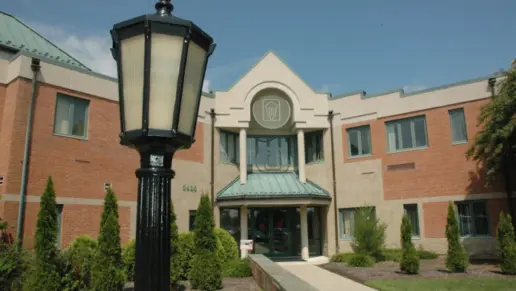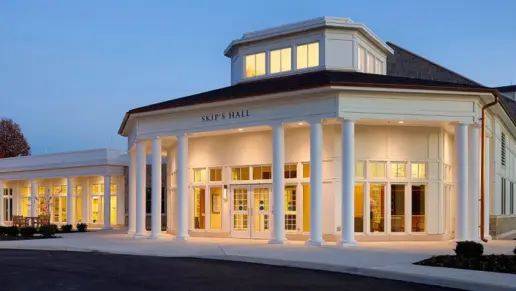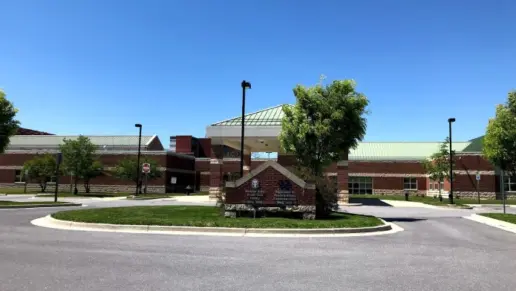I've been trying to get an appointment for weeks, and they never answer the phone or call back! This center is horrible. The receptionist is lazy doesn't do her job. The service is deplorable, I will look for a new therapist and doctor soon.
About Omni House Inc
Formerly known as Omni House, Sheppard Pratt is an organization that offers mental health and addiction treatment services in Glen Burnie, Maryland. They provide residential and outpatient programs, as well as crisis stabilization. Their residential program is known as The Retreat. Here, they treat a range of behavioral health disorders, including drug and alcohol addictions. They only take self payment and don’t accept any insurance. However, their billing partner may be able to help you reimburse your costs through out of network benefits.
One interesting feature of this program is that they begin treatment as soon as you start your stay. Before you participate in services, you’ll undergo a mental health evaluation and psychiatric consultation so your providers can understand your current condition and recommend the best care. Then you’ll start your treatment plan, which will center on individual and group therapy sessions.
While your counselors will use evidence based practices like psychodynamic therapy, they also emphasize holistic healing modalities. Your program is filled with opportunities for you to challenge yourself and connect with nature as you recover. Some of the available options include rock climbing, yoga, meditation, art therapy and equine therapy. Most of these activities are available on the campus but they also hold weekly therapeutic outings to nearby facilities.
One former client said the team they worked with was wonderful. Another said that the environment felt nurturing, kind and caring.
Latest Reviews
Rehab Score
Gallery
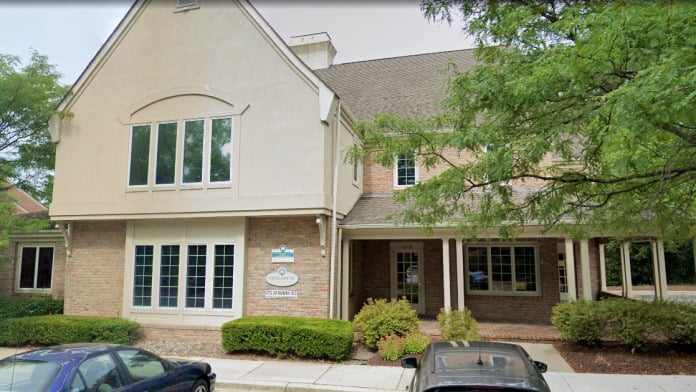
Location
Other Forms of Payment
Private insurance refers to any kind of healthcare coverage that isn't from the state or federal government. This includes individual and family plans offered by an employer or purchased from the Insurance Marketplace. Every plan will have different requirements and out of pocket costs so be sure to get the full details before you start treatment.
Self-pay involves paying for treatment out of your own pocket. You can use savings or credit, get a personal loan, or receive help from family and friends to fund your treatment. If you don't have insurance or your insurance plan doesn't cover a specific program, self-pay can help ensure you still get the care you need.
Financial aid can take many forms. Centers may have grants or scholarships available to clients who meet eligibility requirements. Programs that receive SAMHSA grants may have financial aid available for those who need treatment as well. Grants and scholarships can help you pai for treatment without having to repay.
Medicare is a federal program that provides health insurance for those 65 and older. It also serves people under 65 with chronic and disabling health challenges. To use Medicare for addiction treatment you need to find a program that accepts Medicare and is in network with your plan. Out of pocket costs and preauthorization requirements vary, so always check with your provider.
Medicaid is a state based program that helps lower-income individuals and families pay for healthcare. Medicaid covers addiction treatment so those enrolled can use their coverage to pay for rehab. When a program accepts Medicaid the client often pays very little or nothing out of their own pocket.
Addiction Treatments
Levels of Care
Treatments
Many of those suffering from addiction also suffer from mental or emotional illnesses like schizophrenia, bipolar disorder, depression, or anxiety disorders. Rehab and other substance abuse facilities treating those with a dual diagnosis or co-occurring disorder administer psychiatric treatment to address the person's mental health issue in addition to drug and alcohol rehabilitation.
Mental health rehabs focus on helping individuals recover from mental illnesses like bipolar disorder, clinical depression, anxiety disorders, schizophrenia, and more. Mental health professionals at these facilities are trained to understand and treat mental health issues, both in individual and group settings.
Programs


Clinical Services
Research clearly demonstrates that recovery is far more successful and sustainable when loved ones like family members participate in rehab and substance abuse treatment. Genetic factors may be at play when it comes to drug and alcohol addiction, as well as mental health issues. Family dynamics often play a critical role in addiction triggers, and if properly educated, family members can be a strong source of support when it comes to rehabilitation.
Group therapy is any therapeutic work that happens in a group (not one-on-one). There are a number of different group therapy modalities, including support groups, experiential therapy, psycho-education, and more. Group therapy involves treatment as well as processing interaction between group members.
In individual therapy, a patient meets one-on-one with a trained psychologist or counselor. Therapy is a pivotal part of effective substance abuse treatment, as it often covers root causes of addiction, including challenges faced by the patient in their social, family, and work/school life.
Life skills trainings involve all the skills a person must have in order to function successfully in the world. These include time management, career guidance, money management, and effective communication. Truly successful addiction recovery is based on the ability to not only live substance-free, but to thrive. Life skills teaches the practical necessities of functioning in society, which sets clients up for success in life, and therefore sobriety.
Amenities
-
Residential Setting
-
Private Setting
Staff
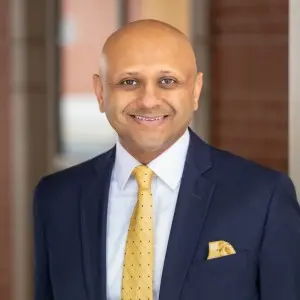
President & CEO
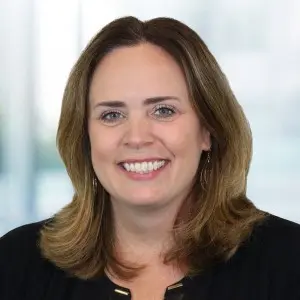
VP & Chief of Schools
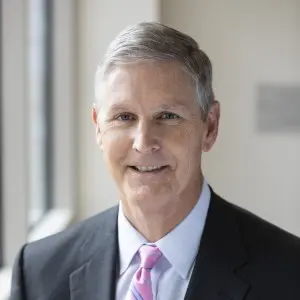
VP & COO
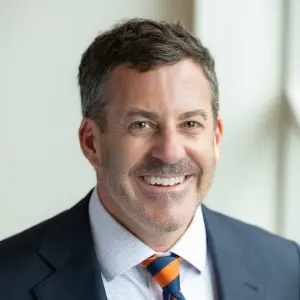
Chief of Government Relations
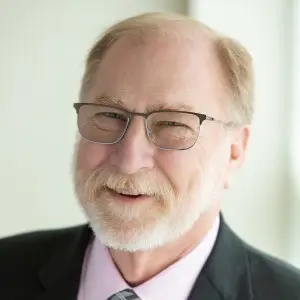
Chief of Staff
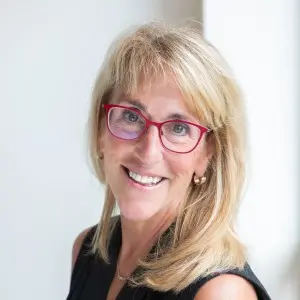
VP & Chief Development Officer
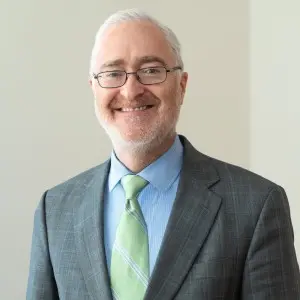
VP & COO
Contact Information
9030 MD-108
Suite A
Columbia, MD 21045
